Which animals make the best first pet?
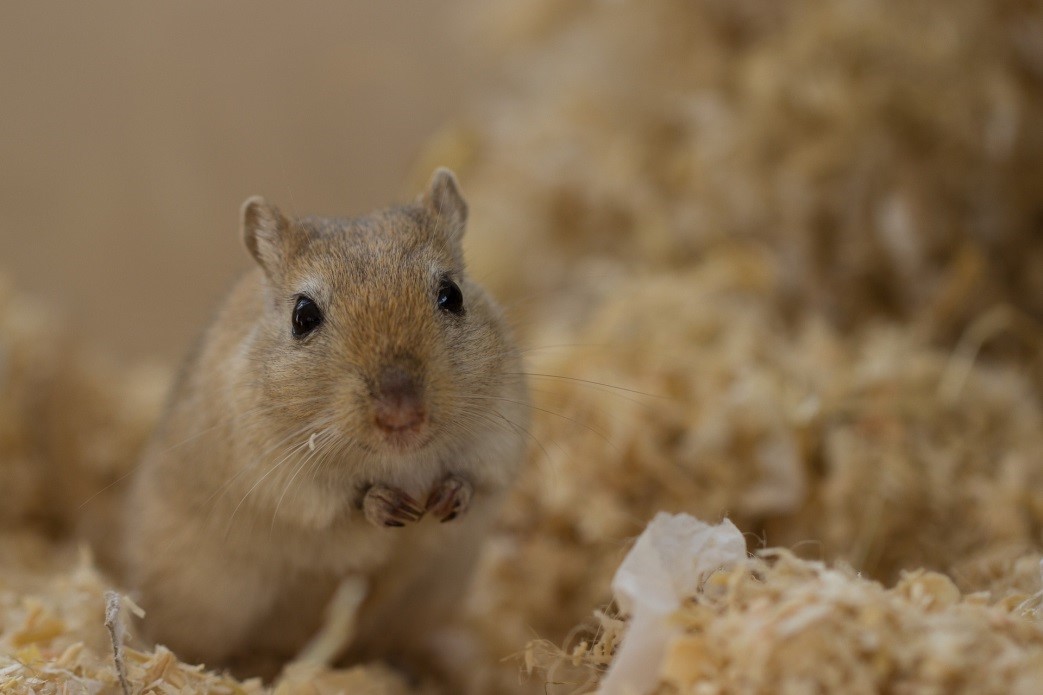
We wouldn’t blame you if the thought of your child having a pet brings on a sudden headache! Animals are a big commitment and you will most likely end up shouldering most of the responsibility – no matter how solemnly your children promise they’ll do everything to care for their new friend.
But a pet can also be incredibly rewarding! Animals are a brilliant way to teach your children about responsibility and considering the needs of others. Not to mention the love and companionship the right animal - child paring can create.
Above all the new addition has to be a good fit for your family life and, if you don’t want to jump in at the deep end with a cat or dog, there are plenty of lower maintenance animals you could consider as a first pet.
1) Guinea Pigs
These fluffy, friendly rodents come highly recommended by everybody from animal experts to mumsnet. Guinea pigs have a sweet and sociable nature which means they’ll enjoy being handled and should have the patience for a young caretaker – so they’re ideal if your child wants a pet they can have a lot of interaction with.
Guinea pigs enjoy the company of a companion, so it’s recommended you have a pair. Avoid housing guinea pigs with rabbits however, as rabbits are known to bully the smaller animals causing them a lot of stress.
Guinea pigs require a little more time and effort than other rodents though they do have a longer life expectancy, living on average for between five and seven years. Guinea pigs have a healthy appetite and need plenty of fresh vegetables and hay to eat, plus their cage will need cleaning very regularly.
2) Betta Fish
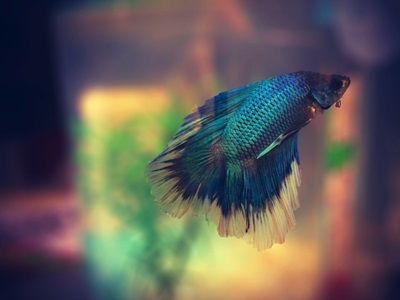
Fish are a classic choice of pet, but consider keeping a Betta Fish rather than a Goldfish. Goldfish can be fairly high maintenance; requiring a large tank and filter system, plus they’re notoriously prone to health issues – which can make them unfortunately short-lived.
Betta Fish on the other hand require a less elaborate set-up. They’re also a beautiful colour. You’ll need to clean their bowl regularly and might want to add an aquatic snail to help control the algae level.
Only ever keep one Betta Fish per bowl, however: two Betta Fish will fight until one kills the other!
3) Rats
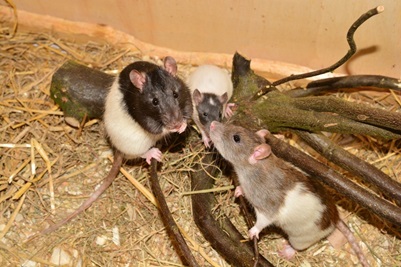
This one might seem like an unlikely choice but rats can make fantastic pets! The rodents can be handled a lot and are intelligent enough to learn tricks like retrieving objects or navigating a maze. Rats are inquisitive, and so it’s best to provide them with plenty of toys and accessories – objects such as ropes and tunnels – to keep them occupied.
Despite their reputation, rats make friendly, interactive pets so they’re a good option if you’re looking for an animal your children can bond with. However they do have a relatively short life span, living for just two to three years on average.
4) Gerbils
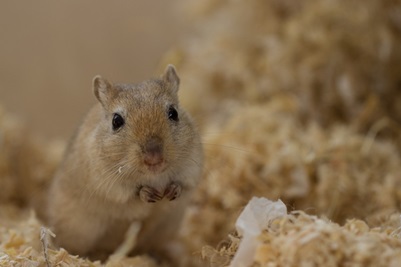
Gerbils are great if you’re looking for a low maintenance animal. Their cage set-up can vary from the very elaborate, with lots of tunnels and multiple chambers, to the relatively simple (and therefore easier to clean) square cage with several layers.
Gerbils are not usually aggressive, and are less likely to bite than hamsters, but they are very quick which mean they can be tricky to handle. The rodents are perfect if your child is more interested in watching their pet than actually holding it however, because that speedy movement means there is usually lots of activity in the cage.
5) Chinchillas
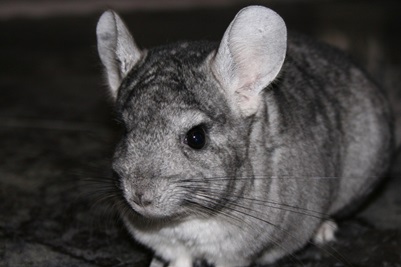
Chinchillas are a more exotic animal perfect if you have a little zoologist on your hands! With big ears and a fluffy coat they’re very cute and make for an exciting first pet.
Chinchillas are naturally sociable animals and so it’s recommended they are kept in pairs. They will enjoy interaction if handled from a young age, though – like gerbils – they are quick and agile so best suited to slightly older children.
Their cage set up is slightly different from other rodents and chinchillas will require a dust bath – bathing them in water can cause skin infections – and plenty of hiding places for a happy home.
If your family is thinking about adopting a pet you can find more information about animal welfare and care on the RSPCA’s website.
We’d love to see pictures of your new pet! Share them today on our Facebook and Twitter pages.
Read our guide on caring for dogs
Discover more about Bright Horizons:





